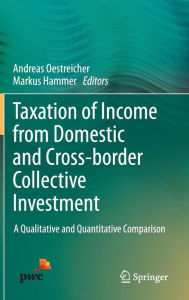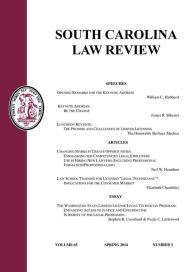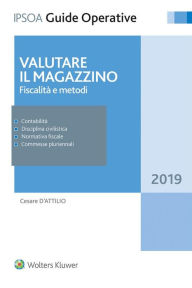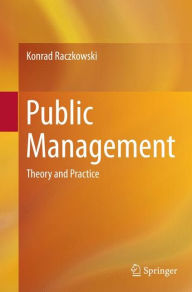
- Browse Category
Subjects
 We Begin at the EndLearn More
We Begin at the EndLearn More - Choice Picks
- Top 100 Free Books
- Blog
- Recently Added
- Submit your eBook
password reset instructions

The 1982 United Nations Convention on the Law of the Sea (UNCLOS) remains the cornerstone of global ocean governance. However, it lacks effective provisions or mechanisms to ensure that all ocean space and related problems are dealt with holistically. With seemingly no opportunity for revision due to the Conventions burdensome amendment provisions, complementary mechanisms dealing with such aspects of global ocean governance including maritime transport, fisheries, and marine environmental sustainability, have been developed under the aegis of the United Nations and other relevant international organizations. This approach is inherently fragmented and unable to achieve sustainable global ocean governance. In light of the Sustainable Development Goals (SDGs), particularly Goal 14, the IMLI Treatise proposes a new paradigm on the basis of integrated and cross-sectoral approach in order to realise a more effective and sustainable governance regime for the oceans. The volume examines how the IMO, with 171 Member States and 3 Associated Members, has and continues to promote the goals of safe, secure, sound, and efficient shipping on clean oceans. It studies the interface and interaction between UNCLOS and IMO instruments and how IMOs safety, security, and environmental protection conventions have contributed to global ocean governance, including the peaceful order of the polar regions.
Less- Publication date
- Language
- ISBN
- July 15, 2018
- English
- cfd477a2-ead7-4e17-a667-04ed137fe36b




























